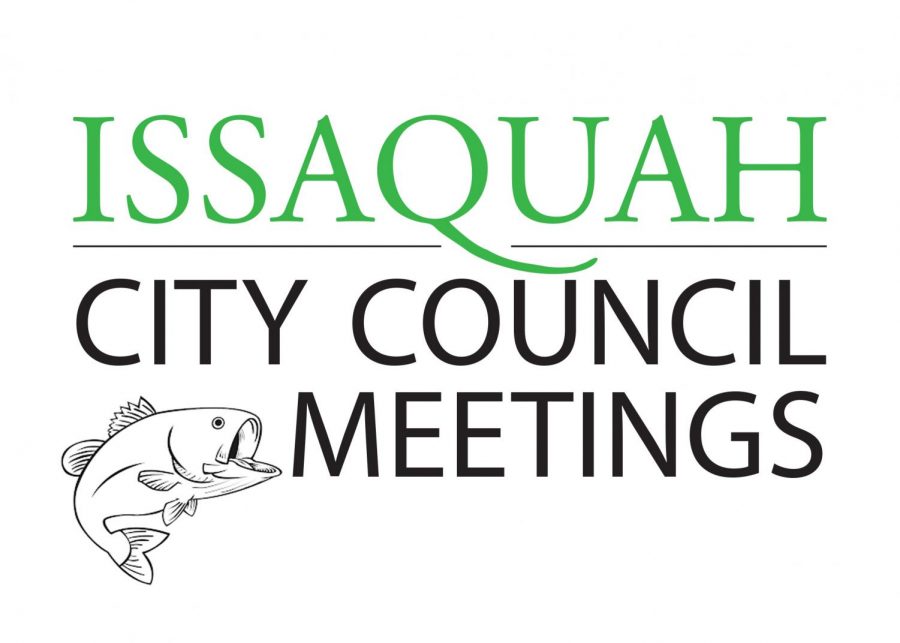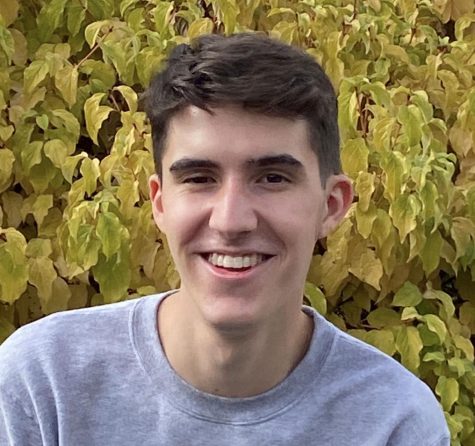City Council Discusses Opioid Crisis and Carbon Emissions
October 15, 2019
On Oct. 7, the Issaquah City Council met to discuss budget plans, issue memos on substance abuse and domestic violence, and hear a presentation on the reduction of fossil fuel usage.
The meeting began with Mayor Mary Lou Pauly proclaiming October as Domestic Violence Action Month, encouraging community members to speak out against domestic violence and support local action groups like LifeWire. The organization, based in King County, is focused on ending domestic violence through community based prevention programs, and also provides resources to survivors of abuse. The group helped over four thousand people escape abusive situations in 2018, and hopes that with the continued spreading of awareness, towns across King County can come together to end domestic violence.
Mayor Pauly also issued October as Substance Abuse Prevention Month. The issue has received increased attention in the community, as three teenagers have died from fentanyl-laced drugs in recent months. Public Health officials reported 141 deaths in King County from fentanyl from June to September, describing the recent deaths as “more than would be expected over this short time period.” The substance, commonly found in counterfeit drugs, is primarily used for severe pain relief, but often leads to death when combined with other dangerous substances. The city council held a joint meeting with the Issaquah School Board to confront the issue on Oct. 8.
The council then heard from a member of the Puget Sound Clean Air Agency: a group focused on providing 4.1 million Washington residents with clean and safe air. The presentation centered around a reduction in fossil fuel usage, by suggesting alternative fuel options for cars like biofuel and electricity. The group hopes to encourage nearby cities to reduce their carbon emissions by setting a pollution reduction target and requiring fuel companies to significantly reduce or offset their greenhouse gas emissions. The ideas were all part of an overarching Clean Fuel Standard, which, if passed, would make Washington the last state in the West Coast to issue such a plan. The standard would reduce greenhouse gases emitted by transportation vehicles, the primary source of air pollution in the region. Mayor Pauly described the presentation as the “most comprehensive” plan the council has heard on the issue, while Councilmember Victoria Hunt suggested sending a resolution to the state legislature. All council members acknowledged the increased community interest in the issue of climate change, signaling a desire to make progress on the issue.



